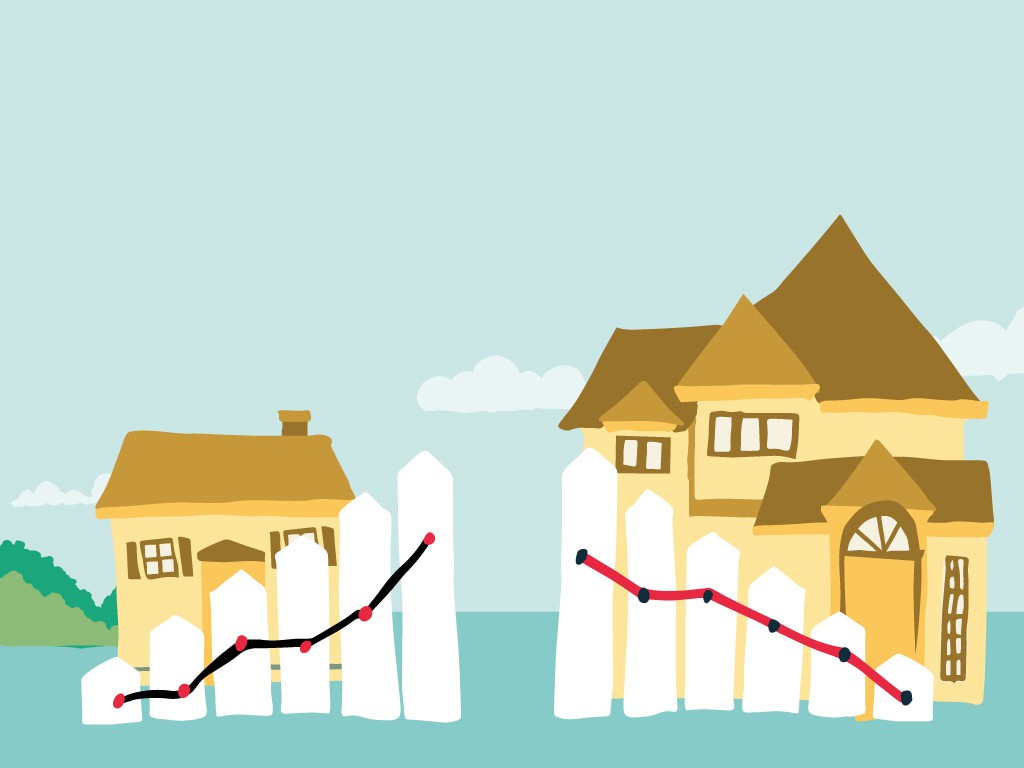Keeping up with the Joneses has pervaded Canadian neighbourhoods and is causing more trouble than happiness. As we continue to embrace a digital lifestyle, consumers of all ages are become increasingly susceptible to the buy-now lifestyle.
We’ve all been guilty of it at some point – spending money on things we don’t need, in part because we want to have the same things that our friends and neighbours have. We call it keeping up with the Joneses, but scientists have a fancier name for it: conspicuous spending.
It’s a term coined by Thorstein Veblen, a Norwegian-American economist and sociologist, and refers to consumers who spend money on items that display their wealth or income, rather than on things that actually meet their needs.
This kind of consumption rarely makes people happy and is more likely to lead to financial distress, according to a new study from the University of Alberta.
The study, conducted by Dr. Barry Scholnick, analyzed the impact a lottery win had on the winner’s close neighbours. For every $1,000 increase in prize winnings, they found the winner’s neighbours had a 2.4 percent increased chance of filing for bankruptcy. The risk rose if the winner chose to spend money on “visible assets” – things like home renovations, cars and boats – rather than “non-visible assets” such as investments and other savings.
“It provides statistical evidence for the idea of keeping up with the Joneses… We try to show off to our neighbours,” says Scholnick.
Canada’s debt hovers near record highs
Unfortunately, many Canadians do overspend. According to Statistics Canada, our household debt burden – a measurement of debt to disposable income – was 165.3 percent in the first quarter, just shy of the record 165.4 percent set last year. Canada has seen the largest increase in household debt relative to income of any G7 country since 2000, according to the Parliamentary Budget Office.
A 2016 survey conducted by Ipsos Reid found that half of Canadians are $200 away from not being able to pay their monthly bills, and that a quarter of Canadians have already reached the point where they’re unable to cover their basic costs.
Now, kids desire not only the things their classmates have, like cool new sneakers and expensive school supplies, but they also want the things the young Hollywood stars are wearing or using on Instagram.
So what’s driving consumption? It may be a combination of our reality television lifestyle and growing smartphone use. Shows like “Keeping Up with The Kardashians”, or the “Real Housewives” series, have brought the lifestyles of the rich and famous into our homes and onto our cell phones. We watch celebrities on TV, we follow them on social media, and we are reminded of them through constant, targeted advertising.
Economist and Cornell professor Robert Frank and other social scientists call this ‘luxury fever.’ Teens and children are catching the bug, too. Through television and social media, they are bombarded with messages from peers and celebrities who appear happier or wealthier than them, making their source of envy wider than that of their parents’ generation.
Now, kids desire not only the things their classmates have, like cool new sneakers and expensive school supplies, but they also want the things the young Hollywood stars are wearing or using on Instagram.
Love what you have
Next time you peer over the fence at the Joneses seemingly greener grass, remind yourself that things don’t equal happiness.
Also remember to prioritize your wants and spend on things that have the most value to you. Make purchases thoughtfully and deliberately and recognize what factors are influencing your buying decisions. As well, consider diversifying your social circle, and seeking out more-affordable hang-out options.
Finally, don’t forget about the many things you have to be grateful for and that “comparison is the thief of joy.”

